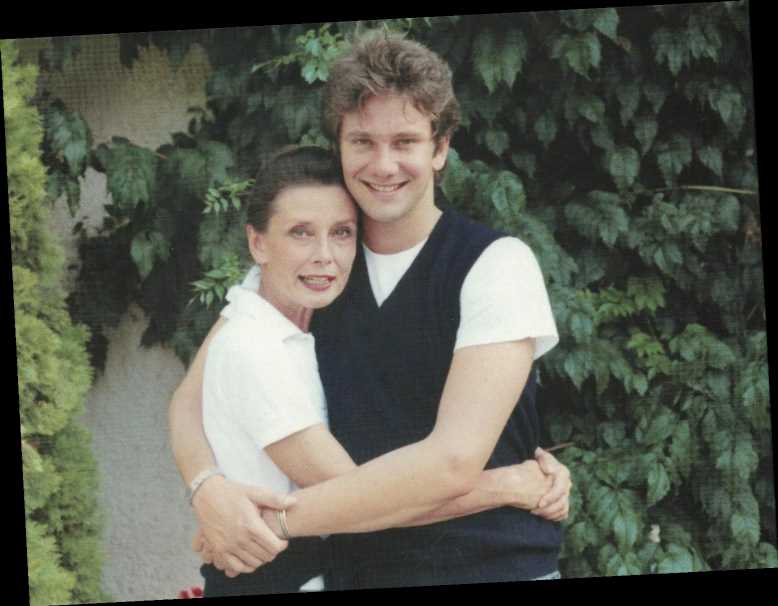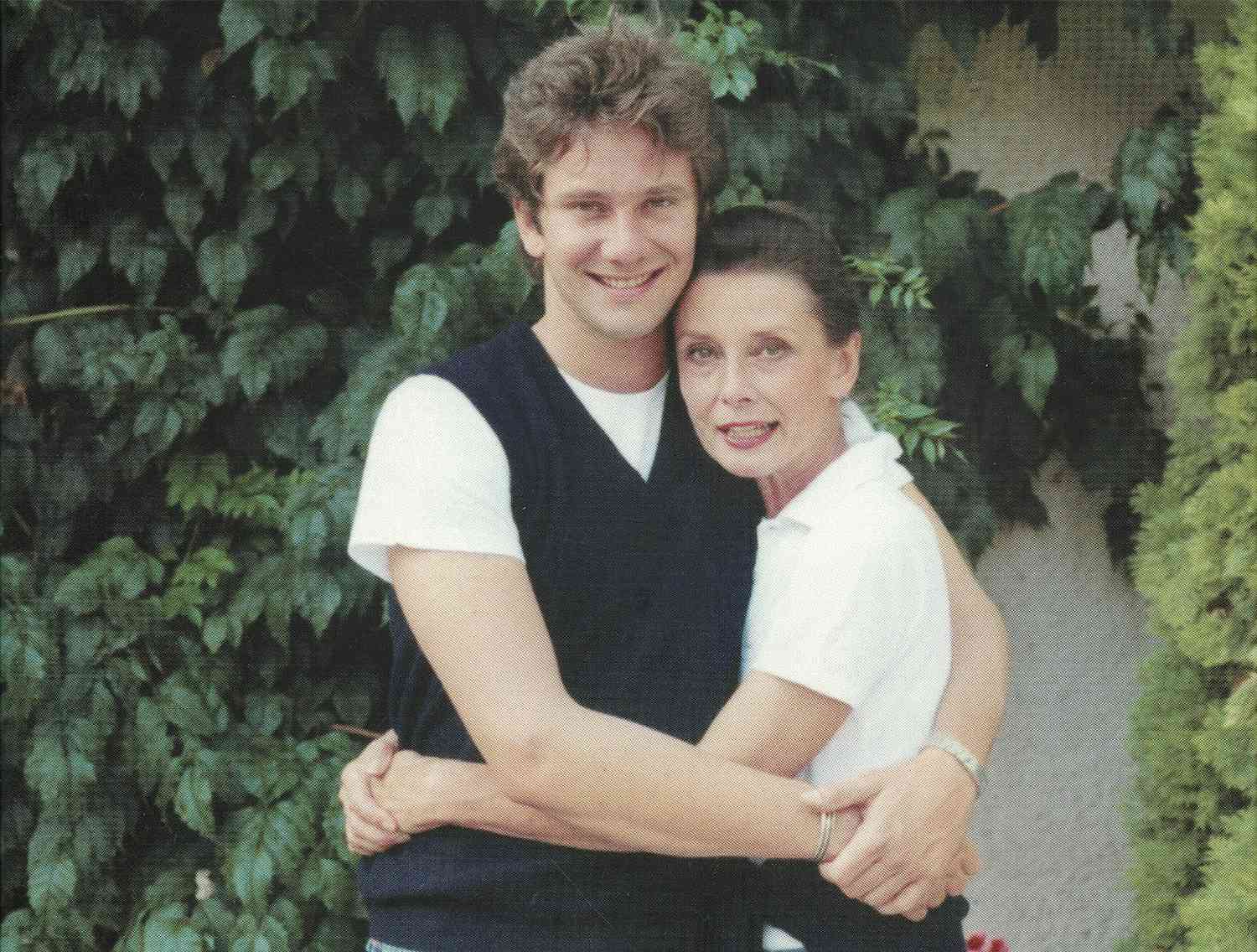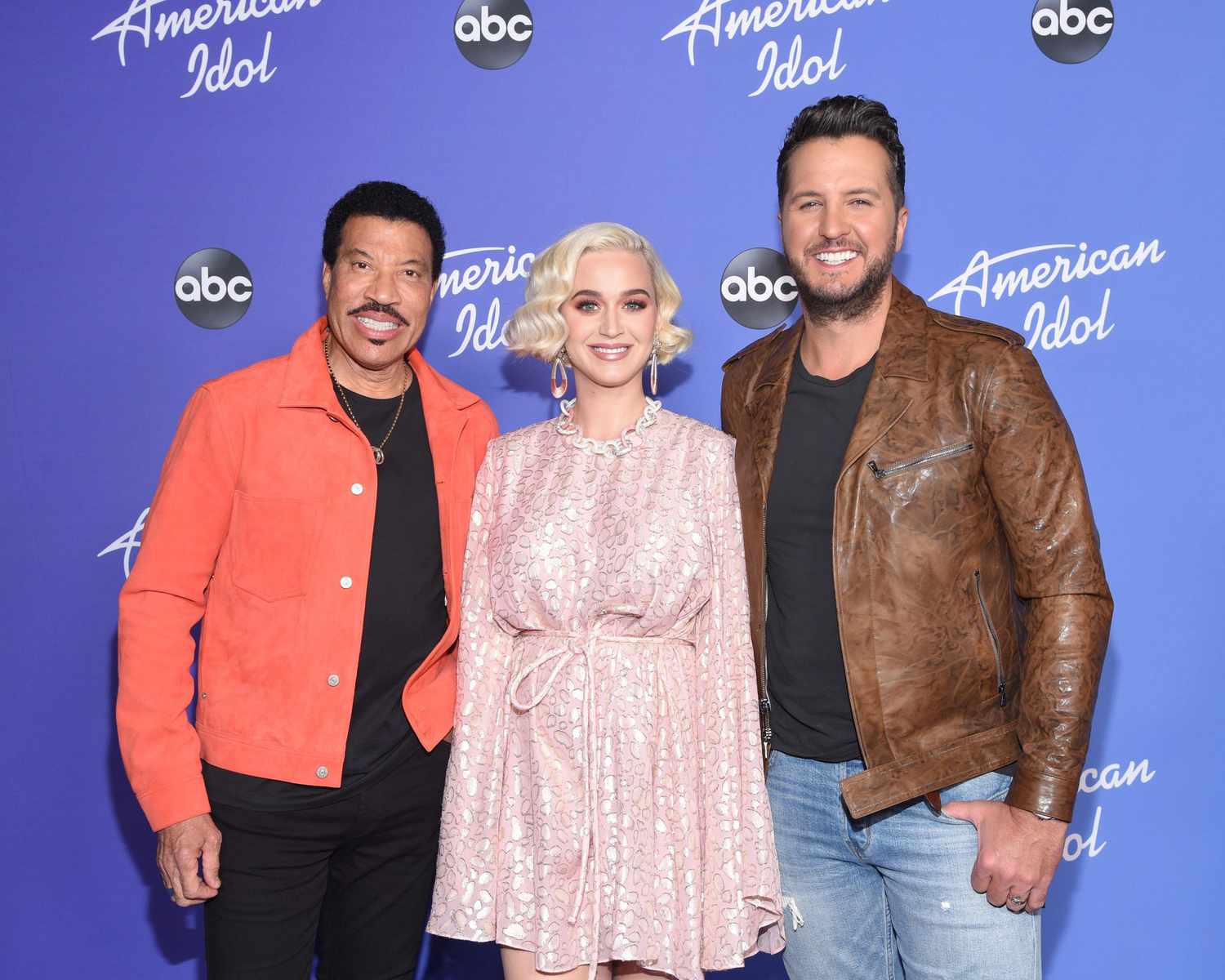Sean Hepburn Ferrer — Audrey Hepburn's oldest son who wrote a book about his mother's legendary life 17 years ago — is now releasing a book for children.
Little Audrey's Daydream: The Life of Audrey Hepburn, which published on Tuesday, is an enchanting look at young Audrey Hepburn, who dreams of becoming a ballerina, and later an actress, mother and humanitarian, despite the darkness that surrounds her in Holland during World War II.
In an exclusive interview with PEOPLE, Ferrer discusses the book, what his mom would say about life during such tumultuous times and how he and his children are keeping the late actress' memory alive. (It's not by watching her movies!)
"Children, like animals, and believe me, that's a compliment in my world, feel the difference. They know where the truth lies," Ferrer says of his mother's enduring legacy, which motivated him to write Little Audrey's Daydream. (Hepburn died in 1993 after a battle with colon cancer.)
He adds, "They can feel it in a minute if someone is genuine. And still, I think, in a world of Kardashians, they must look at those old movies and go, 'Wow. She was for real, she was the real thing.' "
Never miss a story — sign up for PEOPLE's free daily newsletter to stay up-to-date on the best of what PEOPLE has to offer, from juicy celebrity news to compelling human interest stories.
Ferrer hopes that children who read the book will learn to stay positive, even in difficult moments, and to help others.
"You have to dream in a wholesome way, not just dream about yourself, but dream about what's best for all," Ferrer, 60, says of the biggest lesson in the book, which he wrote with wife Karin.
Little Audrey's Daydream was illustrated by Dominique Corbasson and François Avril. Corbasson completed the book shortly before she passed away from cancer.
"[My mother] often used to say, 'In life, things get complicated. When you have to make decisions, try and take yourself out of the equation,'" he continues, "'And if you do what's best for the other person or for the group, it'll become much easier to decide what to do.'"
Hepburn became one of the most beloved actors of all time by starring in films like Roman Holiday (1953) and Breakfast at Tiffany's (1961). But her most important role — serving as a UNICEF ambassador, which earned her the Presidential Medal of Freedom — was influenced by her own hardships as a child during World War II. (During the war, young Hepburn survived near starvation and helped the Dutch resistance.) Ferrer explains that while his mother's difficult childhood isn't the same as what children are experiencing now during the COVID-19 pandemic, there are parallels.
"Taking certain things for granted and losing certain freedoms… Those dynamics are there today for us, so children are living through a similar experience,"says Ferrer.
"Rather than giving advice about it, I think she felt mostly that children had the rights to a childhood," Ferrer continues. "She spoke not only of the hunger of the body, but of the hunger of the soul. All the things that come with being a child: not just education and food and care and medicine, but the tenderness and the opportunity to be a child. To do nothing. To play."
This belief guided Hepburn's own parenting style. (She shared Ferrer with ex-husband Mel Ferrer and son Luca Dotti, now 50, with ex-husband Andrea Dotti.)
Ferrer was raised part of the time in Switzerland. While there weren't many books catering to children at that time, he says that he read a wide range of literature, which amounted to thousands of books, by the time he was 18. Hepburn encouraged his reading, his love of languages (he spoke and read in four languages), and treated him like an equal.
"She had good boundaries. She came from a Victorian background where everything was a rule and everything was absolute," says Ferrer. He explains that Hepburn decided to raise her children in a less rigid manner.
"She would always say, 'This is what I would do if I were you. You're free in the end to make your own decision,' " Ferrer says. "Then comes in the little Jewish gene, where she'd say, 'It'd kill me if you do it, but in the end you can choose, but this is what I would do.' "
He adds, "She was so delightful, why would you want to do something that displeased her?"
This type of rapport meant they not only had a great relationship, but a "friendship," Ferrer explains. "I used to make her laugh from the belly, and that's a wonderful thing to take with you," he remembers. "What can you do for a woman like that? But if you can make her laugh, it's a wonderful thing."
One of the biggest lessons Hepburn taught her sons was the importance of social service — rather than focusing on oneself.
"She came from a generation where you didn't have the time or the luxury to be self-pitying," Ferrer says of what motivated his mother to stay positive during the war and to help others in her later years.
In 1994, Ferrer and Dotti created The Audrey Hepburn Children's Fund and continue to focus on charitable work. Now Ferrer is passing that lesson on to his children. (Ferrer and his wife share his children from previous marriages, Emma, 26, Gregorio, 20, and Santiago, 16, and her children, Adone, 25, and Athena, 20.) He says he made a point to focus on Hepburn's humanitarian work, rather than have his kids watch their grandmother's films on rotation.
"She's already going to play a larger-than-life role in their lives, and I think my daughter, Emma, who's the eldest, living in New York, has probably already experienced this," Ferrer says. "It's very difficult to have a conversation about yourself when you're the granddaughter of Audrey Hepburn, as it was difficult for me to have a conversation about something without, 'What was she like? What was she really like?' "
Like her grandmother, Emma has also served as an ambassador for UNICEF, Ferrer explains. His children have all helped with the foundation and engaged in humanitarian work.
"I think that's a nice way to stay in touch with [their grandmother], by doing for others," Ferrer explains. "I think everyone gets that and everybody's always been happy to pitch in and do it, and there's something natural and lovely about it. Something legitimate."
Source: Read Full Article









